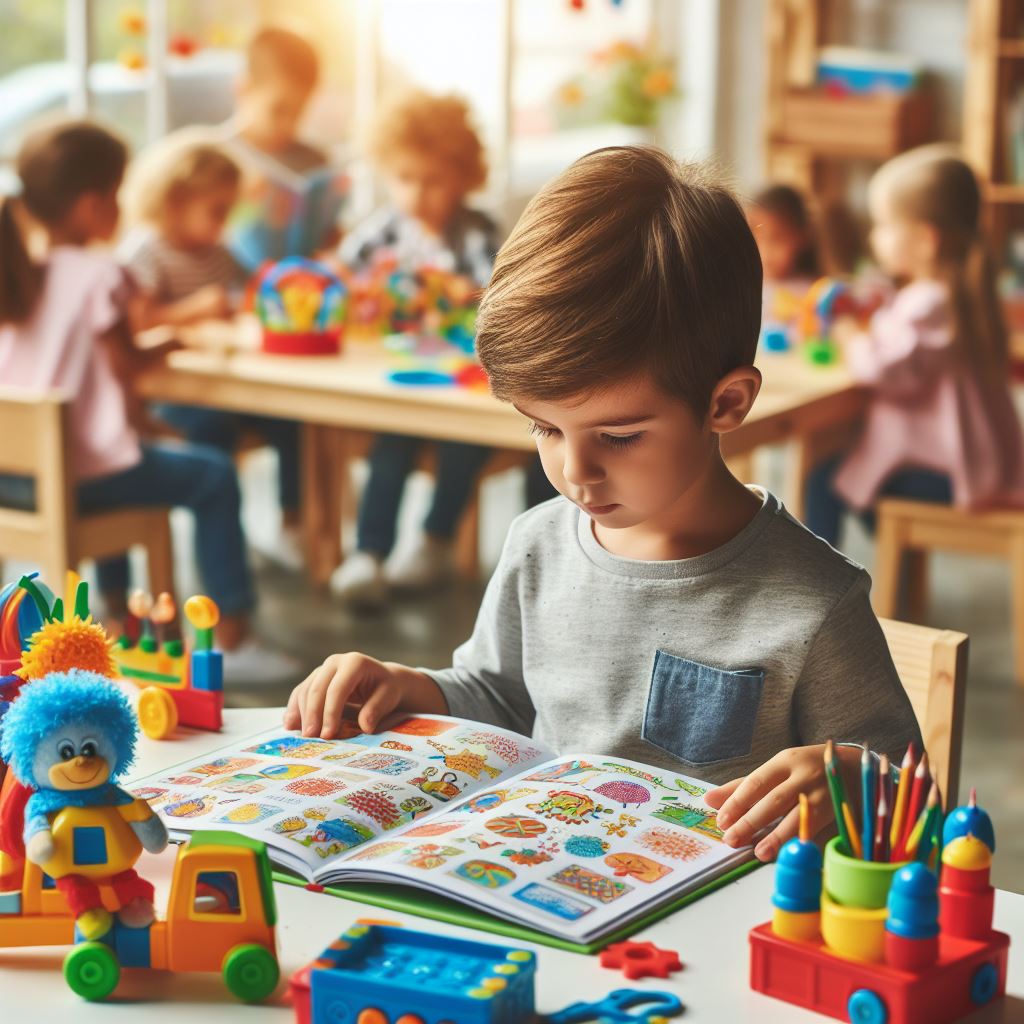What is Cognitive development?
Cognitive development in a 2-year-old refers to the growth and progression of a child’s mental and intellectual abilities. During this stage, children undergo significant changes in their thinking, problem-solving, language, memory, and understanding of the world around them. Here are some key aspects of cognitive development in 2-year-olds:
- Language Development:
- Vocabulary Expansion: Two-year-olds typically experience a rapid increase in vocabulary. They start to acquire and use more words to express themselves.
- Simple Sentences: They may begin to form simple sentences, combining words to communicate more complex ideas.
- Symbolic Play:
- Pretend Play: At this age, children engage in more imaginative and symbolic play. They might pretend to be characters or use objects as props in their play.
- Understanding of Cause and Effect:
- Cause and Effect Relationships: Two-year-olds start to grasp basic cause-and-effect relationships. They may understand that certain actions lead to specific outcomes.
- Memory Development:
- Short-Term Memory: Memory capacity improves, allowing them to remember and recall information over short periods.
- Routine Recognition: Children may recognize and remember daily routines, such as bedtime or mealtime.
- Problem-Solving Skills:
- Simple Problem-Solving: As cognitive abilities develop, 2-year-olds begin to solve simple problems, such as fitting shapes into corresponding holes or stacking blocks.
- Categorization:
- Grouping Objects: Children may start categorizing objects based on similarities and differences. For example, they may group toys by color or shape.
- Spatial Awareness:
- Spatial Concepts: Two-year-olds begin to understand basic spatial concepts, such as in, on, under, or next to. They may also show an interest in puzzles.
- Social Understanding:
- Empathy: While still developing, some 2-year-olds may begin to show signs of empathy, such as comforting others who are upset.
- Social Imitation: They start imitating the behaviors of those around them, learning from observation.
- Attention Span:
- Increased Attention: Attention spans continue to develop, allowing them to focus on activities for slightly longer periods.
- Number Recognition:
- Early Number Concepts: Some children may start recognizing and saying numbers, though their understanding is usually limited to the rote recitation at this age.

Variations in Cognitive Development
It’s important to note that children develop at their own pace, and there can be variations in individual cognitive development. Providing a supportive and stimulating environment with age-appropriate toys, activities, and interactions can positively influence cognitive growth in 2-year-olds.
Now, as a two-year-old, the learning process has become more thoughtful. His grasp of language is increasing, and he’s beginning to form mental images for things, actions, and concepts. He also can solve some problems in his head, performing mental trial-and-error instead of having to manipulate objects physically. And as his memory and intellectual abilities develop, he’ll begin to understand simple time concepts, such as “You can play after you finish eating.”
Your toddler also is starting to understand the relationship between objects. For instance, he’ll be able to match similar shapes when you give him shape sorting toys and simple jigsaw puzzles. He’ll also begin to recognize the purpose of numbers in counting objects—especially the number two. And as his understanding of cause and effect develops, he’ll become much more interested in winding up toys and turning lights and appliances on and off.
You’ll also notice your toddler’s play growing more complex. Most noticeably, he’ll start stringing together different activities to create a logical sequence. Instead of drifting randomly from one toy to another, he may first put a doll to bed and then cover it up. Or he may pretend to feed several dolls, one after the other. Over the next few years, he’ll put together longer and more elaborate sequences of make-believe, acting out much of his own daily routine, from getting up in the morning to taking a bath and going to bed at night.
Identifying a significant intellectual limitation during this developmental stage revolves around your child’s tendency to attribute everything happening in their world to their own actions. This belief makes it challenging for them to comprehend complex concepts such as death, divorce, or illness without assuming some responsibility for these events. In instances where parents separate or a family member falls ill, children may internalize a sense of guilt or responsibility.
Engaging in reasoned discussions with a two-year-old can prove challenging as they perceive the world in remarkably straightforward terms. They often blur the lines between fantasy and reality, except when actively engaged in make-believe play. Consequently, it’s crucial to be mindful of your choice of words during this stage.

